Introduction of Clamist 1mg Tablet
Clamist 1 mg Tablet 10’S is an antihistamine medicine which is used to treat various inflammatory and allergic problems. It contains Clemastine, which is an antihistamine medication that blocks the action of certain chemical messengers responsible for inflammation.
Clemastine is the active ingredient present in Clamist 1mg Tablet, known for its anti – histamine properties and its efficiency to manage allergic reactions. This tablet is commonly used to treat symptoms like sneezing, runny nose, itching, swelling, redness, and watery eyes and if you are dealing with allergic symptoms associated with allergic rhinitis (inflammation of nose) and urticaria (a type of skin rash) and non-inflammatory skin conditions (dermatoses), using clamist is best choice for you.
Understand the Working of Clamist 1 mg tablet :
Clemastine in Clamist 1 mg interacts with histamine receptors which reduces the body’s response to allergens. By blocking histamine, it helps to reduce the uncomfortable symptoms associated with allergic reactions.
Dosage and Administration of Clamist 1 mg tablet:
It is essential to follow the dosages as prescribed by your doctor . Dosage may vary depending on the individual’s factors and severity of symptoms.
Tips for Administration of Clamist 1 mg Tablet :
Clamist 1mg Tablets are taken orally with water and can be taken with or without food, as prescribed by the healthcare professional.
Consistency in use for optimal results:
It is advisable to take Clamist 1mg regularly as prescribed for optimal results.Do not discontinue the medication without consulting your healthcare professional .
Always follow the dosage as directly prescribed by your doctor and consult your healthcare professional for any concerns or questions regarding the medication.Swallow the whole tablet, Do not chew or break it, this Tablet may be taken with or without food.
Benifits of using Clamist 1 mg Tablet :
Clamist 1mg Tablet is crafted to bring rapid relief from common allergy symptoms. Whether it’s itchy eyes, runny nose, or sneezing, the antihistamine ingredient in Clamist works efficiently to improve the body’s allergic response, providing rapid and effective relief from allergy.
Possible Side Effects after using Clamist 1 mg Tablet :
Some Common Side Effects:
- Dry mouth
- Fatigue
- Drowsiness
- Headache
Some Uncommon Side Effects:
- Blurred vision
- Dizziness
- Difficulty in urinating
- Upset stomach
- Skin rash
Precautionary Steps before using Furamist Nasal Spray :
Consult with your healthcare professional before using Clamist 1 mg tablet, especially if you have any pre-existing health issues or are taking other medications, herbals and suppliments.
It is mandatory to avoid using Clamist 1 mg tablets, if you are allergic to Clemastine or any other ingredients present in the Clamist 1mg Tablet.
It is advisable to Inform your healthcare provider if you are pregnant, planning to become pregnant, or breastfeeding mother, before using the Clamist 1 mg tablet because it may interact with other medicines and cause side effects .
Safety Checklist to use Clamist 1 mg Tablet :
PREGNANCY
It is advisable not to use CLAMIST 1MG TABLET in pregnant women or are planning for pregnancy. Consult with your healthcare Professional before taking it.
BREASTFEEDING
Clamist 1 mg Tablet is not recommended to use in breastfeeding mothers. Consult your health care provider before using it.
DRIVING AND USING MACHINES
Do not drive or operate machines while using Clamist 1 mg Tablet because it makes you feel dizzy or drowsiness and fatigue .
ALCOHOL
Avoid intake of alcohol while taking Clamist 1 mg tablet because it may increase the effects of alcohol.
Storage Information :
- Store below 30°C .
- Keep Away from Children and Pets.

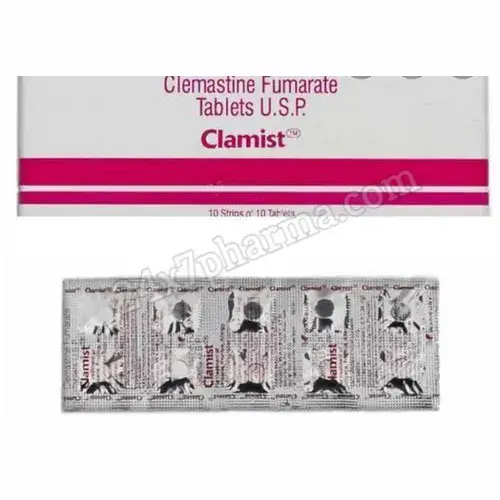
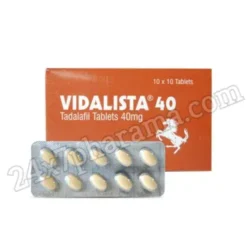

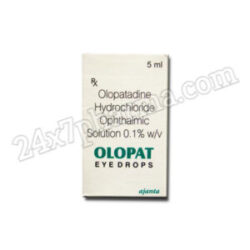
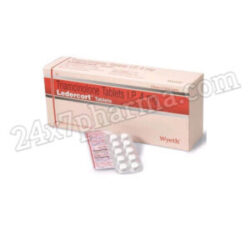
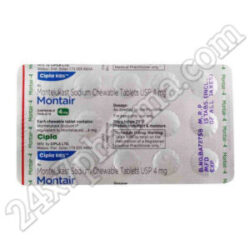
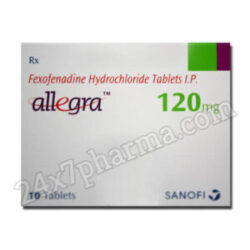
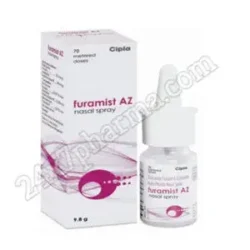
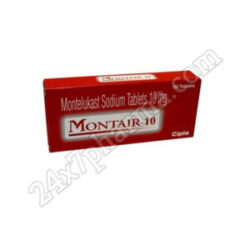
Reviews
Clear filtersThere are no reviews yet.